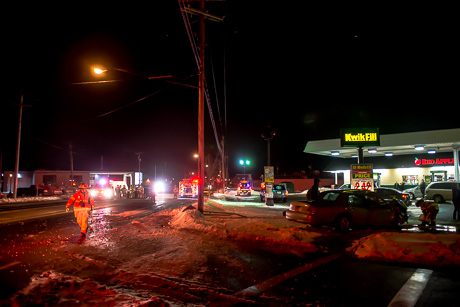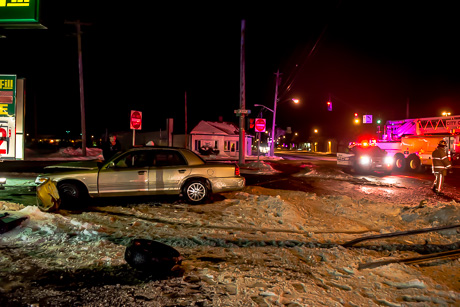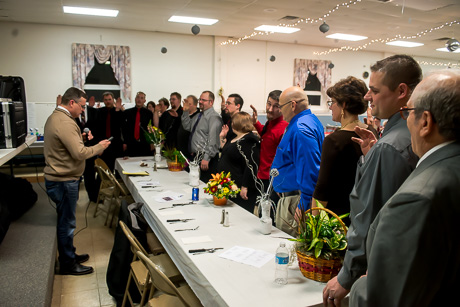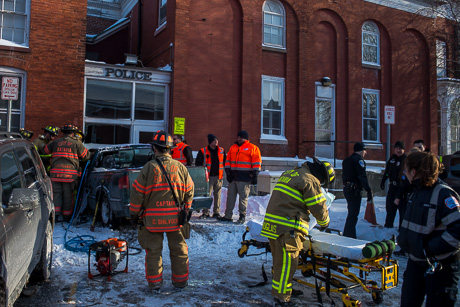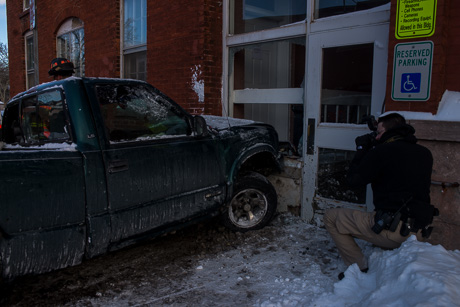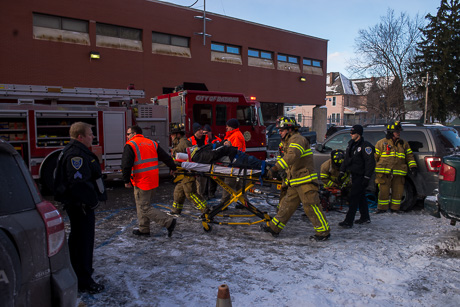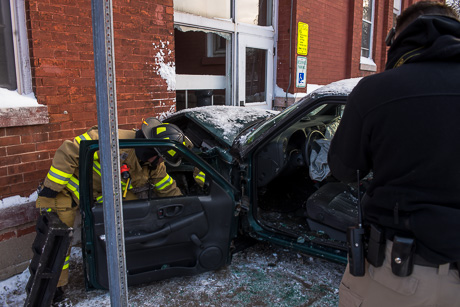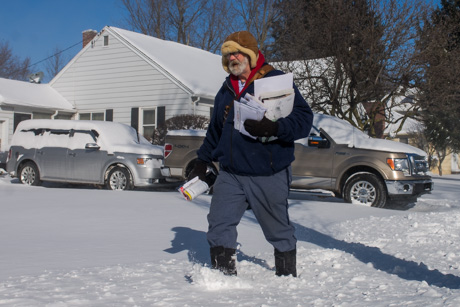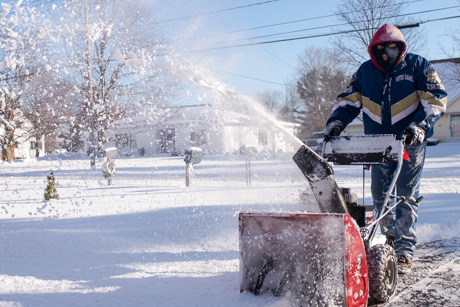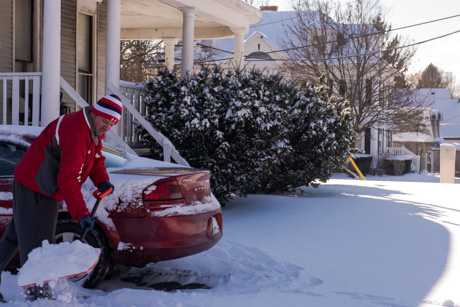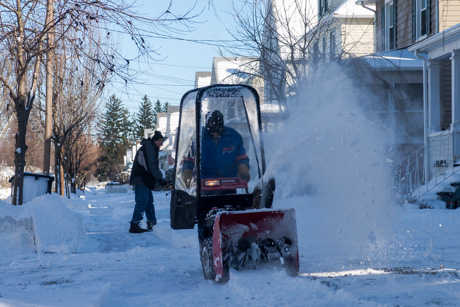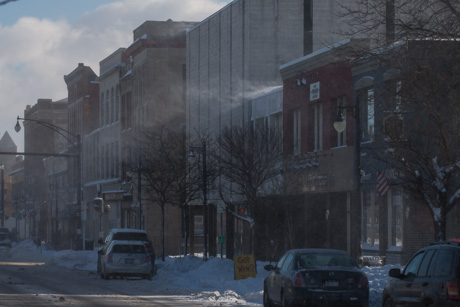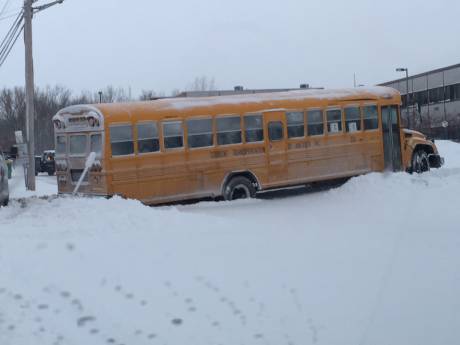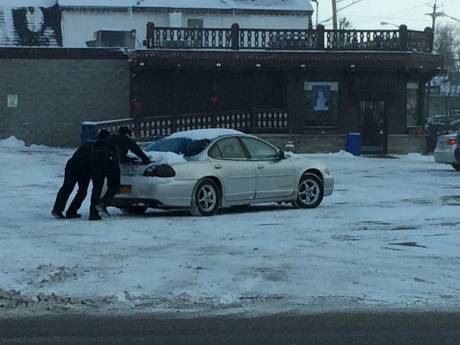Spending cut proposed in city budget, but so is property tax increase
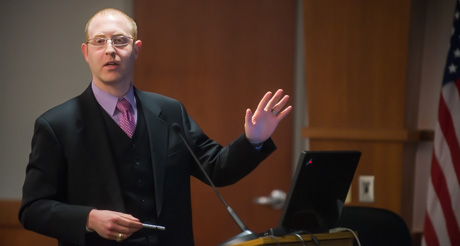
A conservative look at sales tax revenue for the city is driving a proposal to raise property taxes by 16 cents per $1,000 of assessed value, City Manager Jason Molino told City Council members Monday night during his 2015-16 budget presentation.
The drop in fuel prices benefits consumers, but plays havoc on local government, which derives 18 percent of sales tax revenue from fuel sales.
Sales tax accounts for 40 percent of the city's overall general fund revenue.
Molino projects $15,848,884 in general fund spending for 2015-16, a 1.08-percent reduction (or $253,001) in spending from the current fiscal year.
Even with the reduced spending, the projected shortfall in sales tax means local property owners will be asked to help pick up the slack.
The new city tax rate would be $9.30 cents.
On a home assessed at $90,000, the property owner would pay $69.75 per month, up $1.20 over this year.
For property taxes that are roughly half what many households pay these days for mobile phone service, residents receive a bevy of city services, including police and fire protection, road and sidewalk maintenance and parks. The value, he suggested, was just as great or greater than mobile phone service.
"I thought it (the analogy) would help put things in perspective," Molino said after the meeting.
While the local economy is improving, and by some measures is stronger than the state or national economy, there is a lot of room for improvement, Molino noted.
There is the potential for even better job growth, especially if plans for the Genesee Valley Agri-Business Park and WNY STAMP continue to come together, but in the here and now, the city needs to be conservative in its budgeting process, Molino said.
The city also needs to take a close look at its aging sewer and water infrastructure.
He is proposing a revised rate structure -- one that does away with the current two-tier system -- and includes a projected $1 per month increase for the average consumer to help pay for maintenance and upgrades to the system.
The proposal calls for $22 million in capital investment in sewer and water over a 10-year period.
Without the changes, not only will needed replacements and upgrades not take place, the city's sewer and water system will soon start losing money.
As modern, water-saving appliances become more common in local homes, local water consumption has decreased. That's a trend, Molino said, he expects to see continue.
However, it costs just as much to deliver two million gallons of water as it does three million gallons. The reduction in consumption doesn't reduce the cost of the system that delivers the water, but reduced consumption does decrease revenue.
The city will need to increase water rates, he said, to keep pace with water delivery costs.
What Molino presented Monday is a budget proposal. It will now be up to the council to go through the budget, ask questions and potentially suggest changes. There will be a public hearing on the budget before it is adopted.
The proposed budget will be posted on the city's Web site later today.






